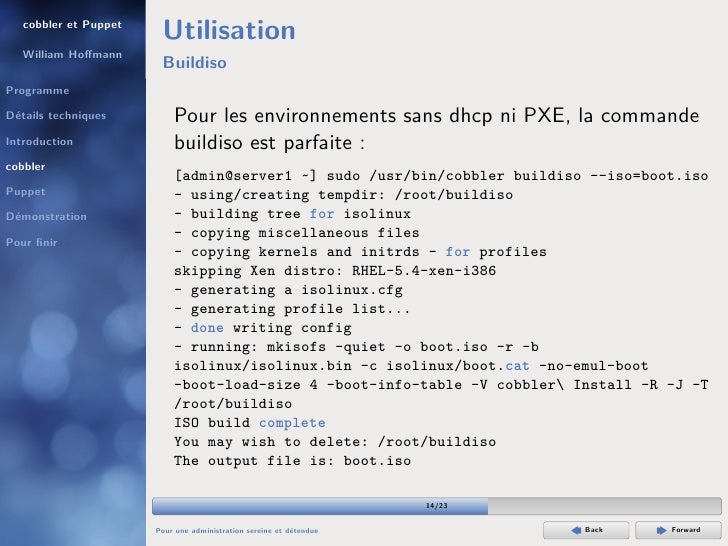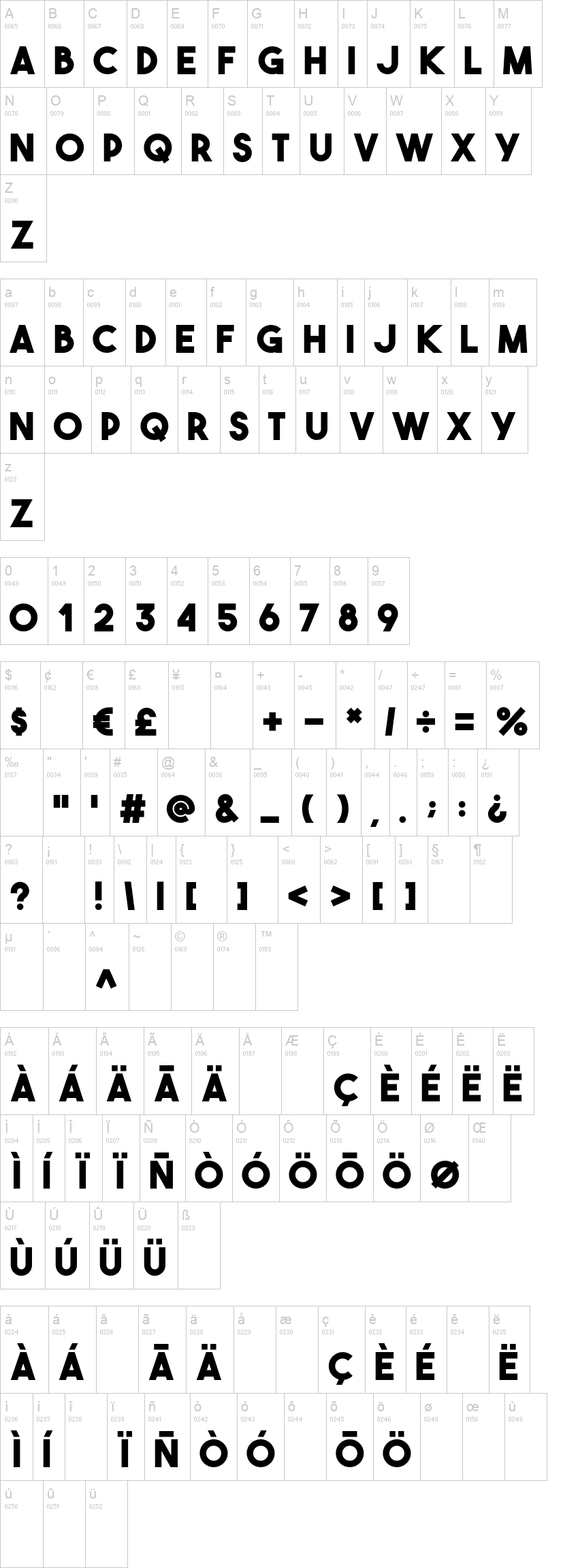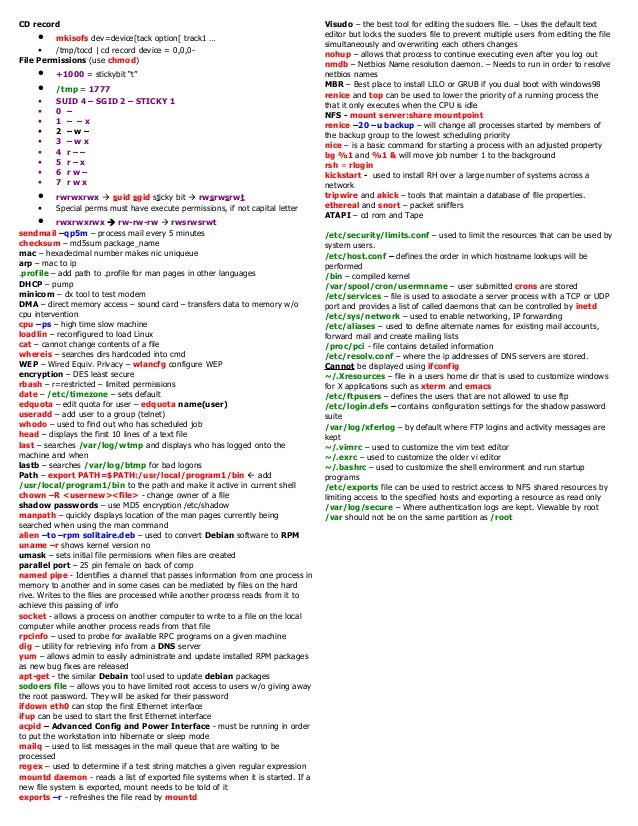Use the macosx86 binary if you're running mac os x on an intel platform. After downloading the mkisofs binary, copy it over to /usr/local/bin/. Download and install mysql from the mysql website. “mkisofs” supports the creation of ISO-9660, Rock Ridge extensions, Mac HFS, Windows Joliet and UDF disk images whereas only the Rock Ridge and UDF formats will, with the new HELIOS enhancements, support large amounts of files/folders.
The free public domain disk image utility “mkisofs” received major enhancements by HELIOS Software engineers, to enable flexible disk image creation for archiving and backup tasks going way beyond DVD image creation. HELIOS added support to archive hundreds of thousands of files/folders into disk images without any size limitations.
Helmut Tschemernjak, president and founder of HELIOS Software notes: “Today's growing disk capacities and inexpensive external disk systems allow storing read-only archives quickly on disk instead of burning media or using proprietary tape formats. We turned “mkisofs” into a general purpose solution which allows archiving Mac, Windows, and UNIX specific files with their attributes into UDF disk images which can easily be mounted by Mac and Windows users.”.
Mkisofs For Mac Download
When to use which utility for what purpose?
For backups it may be vitally important to store the data read-only because this will prevent the data from being (unintentionally) manipulated. The table below lists some backup utilities and shows whether the resulting backup can be read (mounted) on other platforms, and whether it can be created as a read-only archive. This illustrates important differences between creating a UDF (Universal Disk Format) disk image and simply copying or cloning to a backup drive or a Mac “Disk Utility” disk image.
Data is accessible on the following platforms | ||||
Solution | Mac | Win | UNIX | Read-only |
HELIOS mkisofs | + | + | +* | + |
Time Machine (Apple) | + | – | – | – |
Carbon Copy Cloner (Bombich Software) | + | – | – | – |
HELIOS Xtar | – | – | – | n/a |
rsync (Andrew Tridgell) | + | + | +* | n/a |
Disk Utility (Apple) | + | – | – | + |
* Meta data such as Mac resources, Finder info or Windows attributes get lost
mkisofs GUI tool by UGSoft
UGSoft developed a useful utility to operate HELIOS “mkisofs” from a GUI. This comes in handy for those who are not too familiar with CLI programs. The “mkisofs Tool” is free of charge and can be downloaded from the UGSoft website.
Screenshot of the “mkisofs Tool” frontend
Disk image format background information
“mkisofs” supports the creation of ISO-9660, Rock Ridge extensions, Mac HFS, Windows Joliet and UDF disk images whereas only the Rock Ridge and UDF formats will, with the new HELIOS enhancements, support large amounts of files/folders. Only the UDF format can handle disk images cross-platform on a Mac and Windows system.

For mounting backup disk images on UNIX
Rock Ridge is the perfect format because it handles all special UNIX attributes.
For mounting backup disk images from Mac or Windows
UDF is the perfect format because it preserves all important Mac and Windows file attributes and can easily be mounted on a Mac or Windows Vista by clicking on the image file, or on Windows XP by using the free (unsupported) Microsoft Virtual CD-ROM Control Panel, which maps the disk image to a new drive letter. An alternative is DAEMON Tools.
UDF format capability overview
UDF Feature | Mac | Win | Comment |
Long file names | + | + | |
Large files (> 4 GB) | + | + | Support added by HELIOS |
Unicode file names | + | + | Support added by HELIOS |
Windows attributes | + | + | Support added by HELIOS |
UNIX permissions | + | Not used | Support added by HELIOS |
UNIX symbolic links | + | – | Support added by HELIOS |
Large UDF images (> 500 GB tested) | + | + | Support added by HELIOS |
Millions of files / folders | + | + | Support added by HELIOS |
Mac Type / Creator | + | Not used | Support added by HELIOS |
Mac resource file | + | Not used | Support added by HELIOS Not seen by Windows |
UDF drawbacks
Symbolic links are turned off by default because Windows will issue error messages when copying / accessing symbolic link files. Current Windows XP / Vista versions will not handle UDF Windows file streams, therefore additional file stream data is not available on Windows. The file creation date is not supported, instead the last modification date is used.
UDF generated images have been tested on Windows XP-SP2, Windows Vista, Mac OS X 10.3 or newer (PPC & Intel).
Rock Ridge format capability overview
The Rock Ridge format can handle all UNIX file attributes including long file names and their attached file permissions. The Rock Ridge format can be mounted on a UNIX server and re-published via AFP using HELIOS EtherShare, CIFS using HELIOS PCShare, and WebShare to remote Mac, Windows and Web users.
Rock Ridge drawbacks
- Rock Ridge images cannot be mounted on Windows
- Rock Ridge images can be mounted on a Mac but:
- Mac specific information like resource file and type / creator information gets lost
- Rock Ridge does not support input files larger than 4 GB (a future version of “mkisofs” should support Rock Ridge files larger than 4 GB)
The following data volumes are recommended (tested)
Volumes | Image format | Client compatibility |
UNIX RAW | Rock Ridge via | UNIX |
UNIX HELIOS UTF-8 | Rock Ridge via | UNIX or re-published as AFP or SMB/CIFS via EtherShare / PCShare file server |
UNIX HELIOS UTF-8 | UDF via | Disk image can be mounted by Mac and Windows (directly or from a HELIOS volume) |
Mac OS X HFS | UDF via | Disk image can be mounted by Mac and Windows (directly or from a HELIOS volume) |
The following archive configurations have been tested (completely verified)
- Backup of more than 150.000 folders
- Backup of more than 300.000 files
- Backup of very large single files (> 30 GB)
- UDF disk images larger than 500 GB
- Backup of modified / missing files after backup started (using the
-ignore-changed-filesoption)

The following “mkisofs” options are important
Option | Comment |
| Added by HELIOS; will not limit the directory depth |
| Added by HELIOS; will continue with archive even if files are changing (warning will occur, changed files will contain zeros) |
| Will omit an HFS disk image creation; the “mkisofs” built-in HFS image creation functionality cannot handle many / large files |
| Added by HELIOS; will preserve symlinks on UDF. It is turned off by default because symlinks will produce error messages on Windows |
| Is always required, and allows deep trees to be saved. It is supported by Mac / Win / UNIX. |
For space reasons, we replaced in the following examples the default options string with $options:$options = '-iso-level 4 -nolimit-pathtables -ignore-changed-files -no-hfs'
“mkisofs” HELIOS UTF8 volume UDF backup directory example (complete)
Use the following command to backup the “/data” directory tree into a “data.img” image file:mkisofs -udf $options --heliosutf8 -o /backup/data.img /data
“mkisofs” HELIOS UTF8 volume UDF backup directory example (changes since three days ago):
Use the following command to backup only files changed within the last three days from the “/data” directory tree into a “data.img” image file:mkisofs -udf $options --heliosutf8 -o /backup/data.img -find /data -time 3
“mkisofs” UNIX RAW volume Rock Ridge backup directory example (complete):
Use the following command to backup the “/data” directory tree into a “data.img” image file:mkisofs -R $options -o /backup/data.img /data

“mkisofs” Mac OS X HFS volume UDF backup directory example (complete):
Use the following command to backup the “/data” directory tree into a “data.img” image file:mkisofs -udf $options --osx-hfs -o /backup/data.img /data
“mkisofs” Mac OS X HFS volume UDF backup directory example (changes since three days ago):
Use the following command to backup only files changed within the last three days of the “/data” directory tree into a “data.img” image file:mkisofs -udf $options --osx-hfs -o /backup/data.img -find /data -time 3
HELIOS “mkisofs” Script Server sample script
HELIOS provides the Script Server sample script “archiver.pl”. This script allows creating a disk image when files and folders are copied into a hot folder. Since copying the data into the hot folder can take some time, depending on the amount of data, the disk image creation should only be started when the copying process has finished. This is done by renaming the folder with a specified suffix, which will start the script.
Prior to running the script, some environment variables must be adjusted according to your needs:
Environment variable | Example value | Description |
| ERROR | Folder to which failed data is moved |
| DONE | Folder to which the successfully burned disk image is moved |
| WORK | Temporary folder where the source and target data is stored while being processed. This folder is automatically removed after the script has finished |
| false | If set to “true”, the source data is deleted after the script has finished |
| .burn | Folder suffix which will start the script to run |
The “archive.pl” script can be downloaded via HELIOS WebShare at:
Server: | |
User name: | tools |
Password: | tools |
Memory requirements (100.000 files require ca. 200 MB)
When creating disk images, “mkisofs” does this in a three-pass process:
- Collect all files by reading the complete directory tree with the required attribute information into the memory
- Write the complete directory information (e.g. UDF) into the image file
- Append all file data content to the image file
Depending on the amount of files, directory depth and file name length, the passes 1 and 2 require about 2 kB memory per file / folder. This means a volume backup of 100.000 files requires about 200 MB of memory for the “mkisofs” process.
Mkisofs For Mac Mojave
Note: UDF disk images are not compressed. The final UDF disk image size is about the total of all backed up files.
Background of “mkisofs”
“mkisofs” was mainly developed by the pioneer public domain engineer Jörg Schilling. Earlier versions are distributed with Sun Solaris, IBM AIX, Linux as well as part of many other solutions. “mkisofs” is now distributed as part of “cdrtools”. The source code is available at:
http://cdrecord.berlios.de/old/private/cdrecord.html.
HELIOS contributions to “mkisofs” have been submitted to Jörg Schilling for incorporation into the “mkisofs” source.
Download HELIOS “mkisofs” tested binary versions
Available from HELIOS: Mac OS X, Solaris, Linux, AIX. The currently supported HELIOS platforms can be viewed here »
All HELIOS enhancements are integrated into the latest version. The binary can be downloaded from:
Server: | |
User name: | tools |
Password: | tools |

Mkisofs For Macbook Pro
Support disclaimer
Please note that “mkisofs” is a license-free utility (GNU or CDDL). HELIOS Software GmbH does not provide any support for this tool. Neither takes HELIOS responsibility for loss of data, etc.
Professional backup turnkey solutions
“mkisofs” is a great tool for archiving data and creating custom UDF disk images. However, professional backup solutions offer many more features and better support. HELIOS recommends the following solutions for backup, synchronization and archiving. Both solutions offer professional support options: